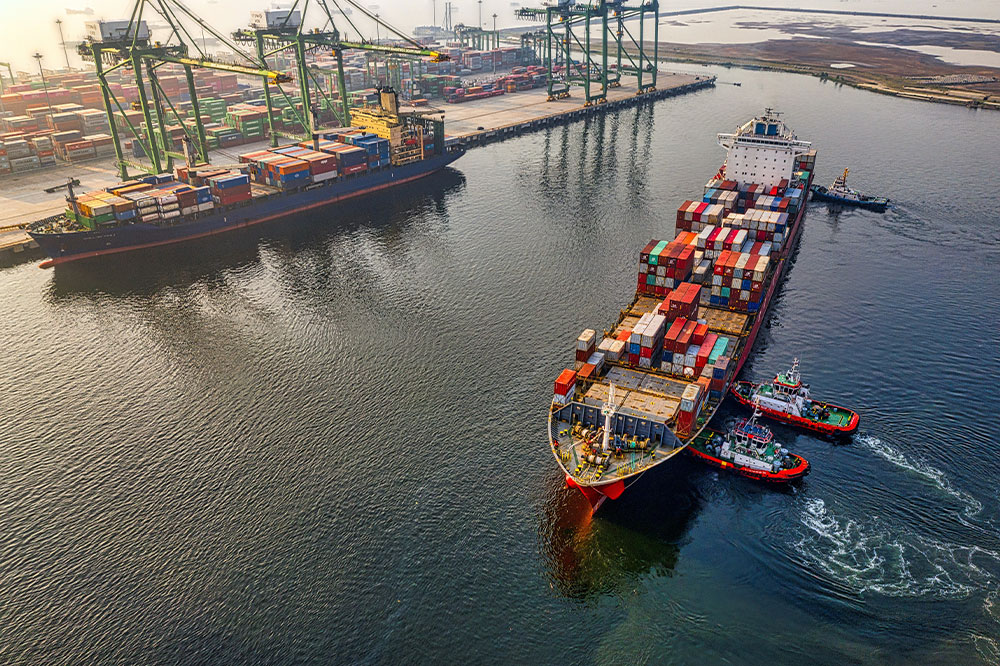4 common LTL shipping mistakes to avoid

Less-than-truckload freight, also known as LTL freight, refers to the transportation of smaller packages and goods that do not fill the entire truck. It allows the transportation company to fill the remainder of their vehicle with shipments from other individuals. LTL freight shipping is cost-efficient and offers a lot of flexibility. That being said, it is a complex process where mistakes can occur. Here are some common LTL freight mistakes to avoid.
Not adding pallets to the freight
A pallet is a flat structure often used to stack goods when transporting them from one place to another. It provides support to the cargo, ensuring it remains undamaged. Pallets are very common in LTL freight shipping. That being said, there is no rule about using them. In fact, loading the goods and cargo directly into the container is known as floor loading, and it is often seen in full-truckload shipping. However, skipping the pallets is among the many LTL freight mistakes, as their absence may cause the goods to move around and get damaged.
Guessing the weight of the shipment
Guessing the weight of your shipment is another common LTL freight mistake. At times, many shippers estimate how heavy their cargo is. But, if this figure turns out incorrect, the transportation company will charge a fee to reweigh your packages. You will also be charged an additional reclassification fee if there is an error in determining the package’s class. These costs can be steep, so it is essential to weigh the cargo correctly. If you do not have access to accurate weighing machines, measure each box or package of the shipment and add them up to determine the total weight of the goods being transported.
Not opting for insurance
You may add pallets and use the proper packaging to protect your goods. But sometimes, damage cannot be avoided during a major accident. So, having insurance is vital. Unfortunately, many individuals skip insurance because they find it an unnecessary expense. It is a common LTL freight mistake. However, remember that the insurance provided by most carriers will not cover the entire amount if the cargo is damaged. In most cases, it covers only part of the damages, and you must bear the remaining losses. Also, any payout from the carrier is only made if the damage or loss results from their negligence or fault. In any case, it is always safer to protect your goods with insurance.



